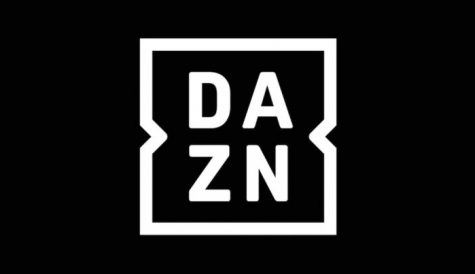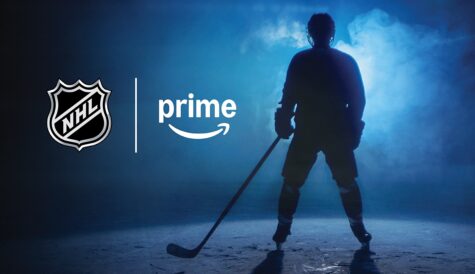Streamers and ISPs lobby for and against US net neutrality plan
Net neutrality is back on the agenda in the US, with submissions to the FCC’s proposed plan to reclassify broadband as a Title II service closing this week.

FCC chair Jessica Rosenworcel (source: FCC)
The US cable operators’ group, the NCTA – The Internet & Television Association, has argued consistently against the return of rules that could prevent them from blocking, throttling and prioritising traffic based on payment.
Arguments raised against the plan include a claim that the Supreme Court would likely scotch the FCC’s bid to re-impose net neutrality because it takes a more critical approach on whether Federal agencies can decide on ‘major questions’ without instructions from Congress.
The NCTA has also claimed that the FCC’s plan to reimpose net neutrality would undermine the Biden administration’s own efforts under the Internet for All plan to close the digital divide in the US through Federal funding.
However, with the FCC controlled by a Democratic majority, the FCC’s submission has focused more tightly on a call for the regulator to prevent individual states from going beyond its own rules and to not applying net neutrality rules to interconnections between broadband service providers and streamers.
The NCTA called on the FCC to provide exceptions for network management, to permit billing and zero-rating and to avoid unwarranted distinctions between different internet access technologies.
Netflix meanwhile is fighting back against omitting interconnections with streamers, and is calling publicly for rigorous enforcement of net neutrality.
The streaming leader is now in a position where. It is competing against a rival owned by an ISP itself in the case of Comcast, which through NBCUniversal owns Peacock.
The FCC last year issued a notice of proposed rulemaking that called for a reinstatement of net neutrality rules including the classification of broadband services as a telecommunications service under Title II of the Communications Act. This classification was adopted by previous Democratic administrations but reversed by Republican-appointed FCC chair Ajit Pai in 2017. Broadband is currently regulated as a ‘information service’ under Title I of the act, which subjects the industry to less stringent regulation.
The Jessica Rosenworcel-led FCC argues that classifying services under Title II would restore basic rules to prevent broadband providers from blocking legal content, throttling speeds, and creating paid-for fast lanes; protect freedom of speech; ensure fair treatment of consumers; restore broadband consumer privacy and data security protections that apply to all telecommunications services; help fight scam calls and texts that often originate from online platforms and establish a uniform national standard for internet openness rather than a patchwork of state-by-state approaches.



